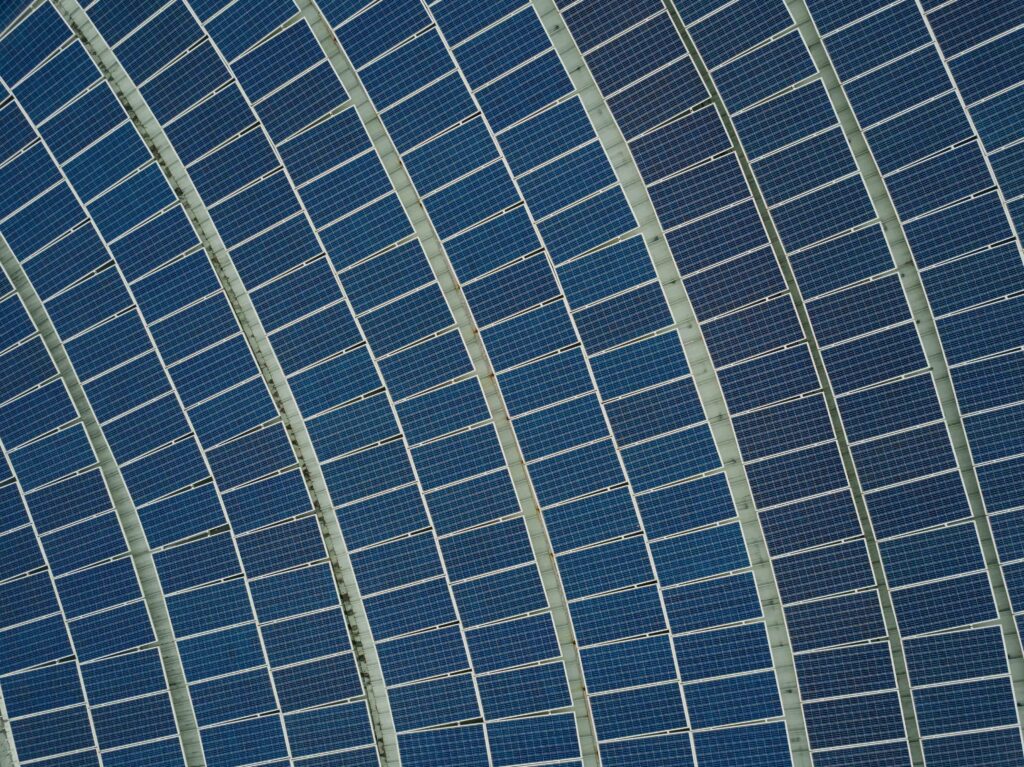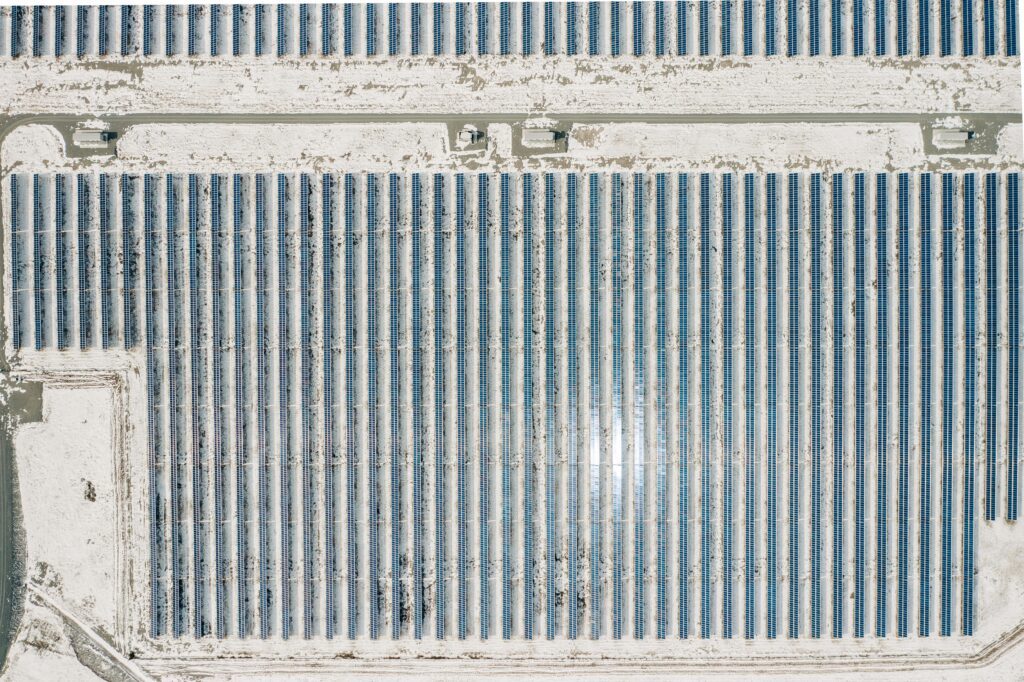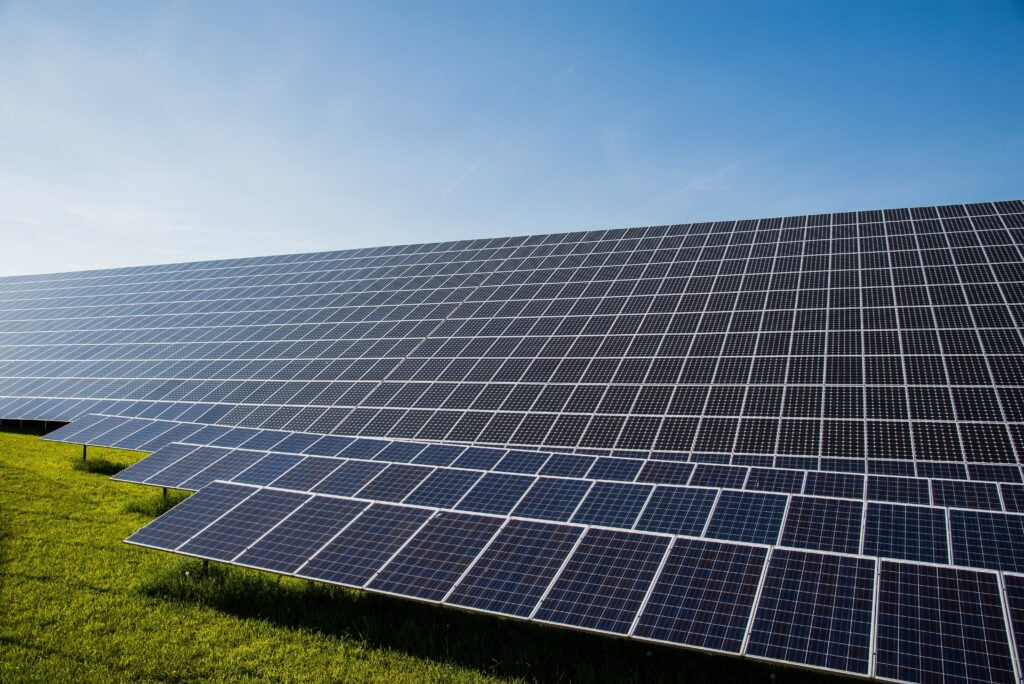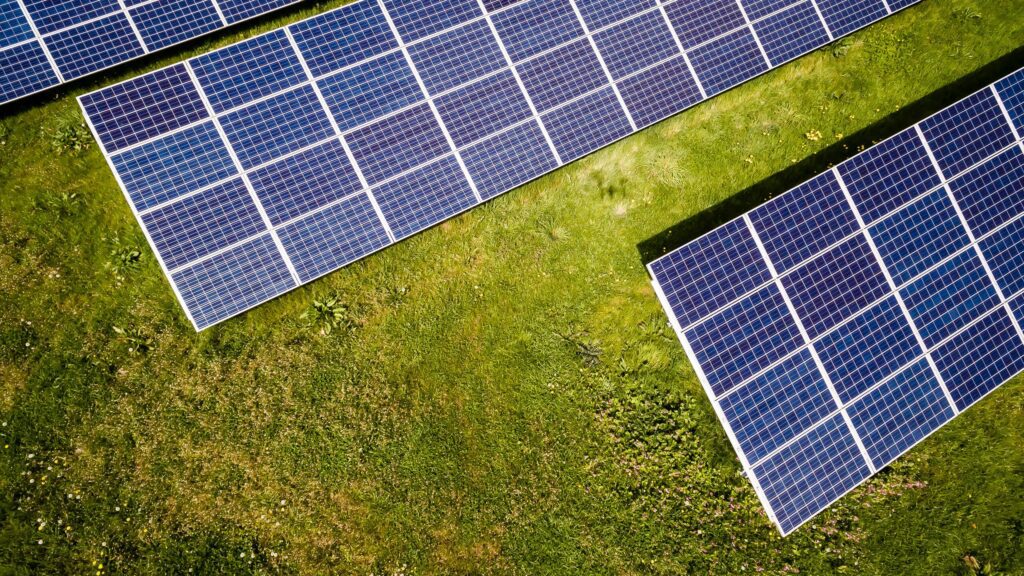Solar Market: 7 Resilient Strategies for Thriving Amid Political Turmoil in Pakistan
The political situation in Pakistan has seen significant upheaval with the recent arrest of former Prime Minister Imran Khan. This instability has far-reaching implications for various sectors, including the burgeoning solar market. As the country grapples with political and economic uncertainty, businesses in the solar industry must navigate a complex landscape to sustain growth and innovation.
This article delves into the intricate relationship between Pakistan’s political environment and its solar market, with a particular focus on the effects on solar businesses such as Bbrainsgroup (Bravo Brains).
Table of Contents
The Political Climate: Imran Khan’s Arrest and Its Implications
Background of Imran Khan’s Arrest
Former Prime Minister Imran Khan was arrested following a court’s decision to sentence him to three years in jail for illegally selling state gifts. This high-profile arrest is not an isolated incident; Pakistan has a history of political leaders being embroiled in legal and corruption cases. Khan’s arrest has intensified political unrest and led to widespread protests, further destabilizing an already fragile political landscape.
Immediate Repercussions
The immediate aftermath of Khan’s arrest has seen increased political volatility. Protests and clashes between his supporters and security forces have disrupted daily life and business operations across the country. For the solar market, this translates into a heightened sense of uncertainty and risk, which can deter investment and disrupt supply chains.
Economic Uncertainty and Its Impact on the Solar Market
Currency Depreciation and Inflation
Political instability often triggers economic uncertainty, leading to currency depreciation and inflation. The Pakistani rupee has experienced significant devaluation, making imported solar technology more expensive. Since a large portion of solar equipment, such as photovoltaic panels and inverters, is imported, this devaluation directly increases the cost of solar projects.
Detailed Analysis: Impact on Solar Equipment Costs
The cost of imported solar components can rise by 20-30% due to currency devaluation, significantly impacting the financial viability of solar projects. Solar businesses must now consider local alternatives or negotiate better terms with suppliers to mitigate these increased costs.
Supply Chain Disruptions
Political turmoil can cause logistical challenges, including delays in the transportation of goods and disruptions at ports. These disruptions affect the timely delivery of solar components, leading to project delays and increased costs. For businesses like Bbrainsgroup, which relies on timely procurement of materials, these disruptions can hinder operational efficiency and profitability.
Case Study: Supply Chain Challenges Faced by Bbrainsgroup
Bbrainsgroup has faced multiple delays in receiving critical solar components due to port disruptions. This has led to project delays and increased costs, highlighting the need for robust supply chain management and contingency planning.
Increased Risk Premiums and Financing Challenges
Investors and financial institutions view political instability as a risk factor, leading to increased risk premiums. This results in higher borrowing costs for solar projects, making it more difficult for companies to secure affordable financing. For emerging businesses in the solar sector, this can stymie growth and innovation, as access to capital is crucial for scaling operations and investing in new technologies.
Financing Case Study: Navigating Higher Borrowing Costs
Bbrainsgroup has had to renegotiate financing terms with lenders due to increased risk premiums. This has led to higher interest rates and more stringent loan conditions, affecting the company’s cash flow and project timelines.

Regulatory and Policy Uncertainty
Shifts in Energy Policy
Changes in political leadership often lead to shifts in energy policy and regulatory frameworks. The solar industry, which thrives on consistent and supportive policies, faces uncertainty as new administrations may alter or reverse existing incentives and regulations. Businesses must continuously adapt to these changes, which can be resource-intensive and disruptive.
Detailed Impact: Policy Shifts on Solar Incentives
The potential rollback of solar subsidies and tax incentives could increase project costs by 15-20%, affecting the competitiveness of solar energy compared to traditional power sources. Solar businesses must advocate for stable policies to ensure long-term growth.
Impact on Government Support and Incentives
Government support, in the form of subsidies and tax incentives, is vital for the growth of the solar industry. Political instability can jeopardize these incentives, making it challenging for businesses to plan long-term investments. For instance, if subsidies are reduced or eliminated, the cost of solar installations could rise, reducing the overall attractiveness of solar energy for consumers and businesses alike.
Analysis: Future of Solar Incentives in Pakistan
The solar industry must closely monitor government policies and engage in advocacy to secure ongoing support. Businesses like Bbrainsgroup can play a crucial role in these efforts by showcasing the benefits of solar energy and its contribution to national energy security.

Challenges and Opportunities for Solar Businesses
Challenges
Market Confidence:
Political instability erodes market confidence, leading to reduced demand for solar products and services. Consumers and businesses may delay investments in solar energy due to uncertainty about the future economic climate.
Operational Risks:
Businesses face operational risks, including potential damage to infrastructure and assets during political unrest. Ensuring the safety of employees and securing assets becomes a priority, diverting resources from core business activities.
Regulatory Compliance:
Navigating a constantly changing regulatory landscape requires businesses to allocate resources for compliance, which can be costly and time-consuming.
In-Depth Look: Operational Risks and Mitigation Strategies
Bbrainsgroup has implemented several strategies to mitigate operational risks, including enhanced security measures at facilities, remote work policies for employees during unrest, and comprehensive insurance coverage for assets.
Opportunities
Government Initiatives:
- In response to political and economic crises, the government may introduce initiatives to stabilize the economy and promote renewable energy. Businesses that can quickly adapt to and leverage these initiatives stand to benefit.
Local Manufacturing:
- The increased cost of imported solar components due to currency depreciation might spur the development of local manufacturing capabilities. This could reduce dependence on foreign suppliers, create jobs, and build a more resilient solar industry.
Rural Electrification:
- Political instability often underscores the need for sustainable development. Solar energy can play a pivotal role in rural electrification, providing reliable and clean energy to underserved areas. Companies like Bbrainsgroup can explore opportunities in these regions, contributing to socio-economic development while expanding their market reach.
Detailed Analysis: Opportunities in Rural Electrification
Rural areas in Pakistan offer significant potential for solar energy projects. By targeting these underserved markets, Bbrainsgroup can not only contribute to rural development but also diversify its customer base and revenue streams.

The Role of Bbrainsgroup (Bravo Brains)
Innovation and Adaptability
Bbrainsgroup (Bravo Brains) exemplifies the innovative spirit of Pakistan’s solar industry. Despite the challenges posed by political instability, the company has demonstrated adaptability and resilience. By focusing on innovation and customer-centric solutions, Bbrainsgroup continues to lead the way in providing high-quality solar products and services.
Case Study: Innovative Solutions by Bbrainsgroup
Bbrainsgroup has developed several innovative solar solutions tailored to the unique needs of the Pakistani market. These include solar-powered water pumps for agriculture, solar home systems for off-grid areas, and advanced energy management systems for urban customers.
Strategic Partnerships and Local Engagement
To mitigate the risks associated with political instability, Bbrainsgroup has forged strategic partnerships with local suppliers and stakeholders. This approach not only ensures a more stable supply chain but also fosters community support and engagement. By investing in local talent and resources, Bbrainsgroup enhances its operational resilience and contributes to the local economy.
Partnership Case Study: Collaboration with Local Manufacturers
Bbrainsgroup has partnered with local manufacturers to produce key solar components domestically. This collaboration has reduced dependency on imports, lowered costs, and created local jobs, showcasing a sustainable business model in the face of political and economic challenges.
Commitment to Sustainability
Bbrainsgroup remains committed to sustainability and renewable energy. By advocating for and implementing solar solutions, the company aligns with global sustainability goals and supports Pakistan’s transition to a greener energy landscape. This commitment positions Bbrainsgroup as a leader in the solar industry, capable of navigating challenges and seizing opportunities in a dynamic environment.
Sustainability Initiatives: Bbrainsgroup’s Environmental Impact
Bbrainsgroup’s projects have resulted in significant environmental benefits, including reductions in carbon emissions and reliance on fossil fuels. The company’s commitment to sustainability is reflected in its eco-friendly products and community-focused initiatives.
Local Manufacturing and Its Potential Benefits for the Solar Market
Local manufacturing can significantly benefit Pakistan’s solar market by reducing reliance on imported components. As currency depreciation increases the cost of imported solar equipment, setting up local manufacturing facilities can help mitigate these price hikes. By producing solar panels, inverters, and other key components domestically, businesses can lower costs, enhance supply chain stability, and create jobs within the country. This shift towards local production not only supports economic growth but also makes solar energy projects more financially viable, especially during periods of political instability when international trade might be disrupted.
Moreover, local manufacturing can foster technological innovation and skill development. With more solar technology being produced in Pakistan, there is greater potential for research and development, leading to advancements in solar technology that cater specifically to local needs. This can enhance the overall efficiency and effectiveness of solar energy solutions, making them more accessible and affordable for consumers. By investing in local manufacturing, Pakistan can build a more resilient and self-sufficient solar industry, positioning itself as a leader in renewable energy in the region.
The Role of Technological Innovation in Mitigating Political Risks
Technological innovation plays a crucial role in navigating the challenges posed by political instability. Advanced technologies can improve the efficiency and reliability of solar energy systems, making them more attractive despite economic and political uncertainties. Innovations such as smart grid technology, energy storage solutions, and efficient solar panels can help solar businesses adapt to fluctuating conditions and continue providing reliable energy. These technologies also enable better management of energy resources, reducing the impact of disruptions caused by political unrest.
Furthermore, technological advancements can offer new business opportunities and markets. For instance, innovations in solar energy can lead to the development of off-grid solutions, which are particularly valuable in regions affected by political instability. These solutions can provide essential power to remote or underserved areas, contributing to social and economic stability. By embracing and investing in cutting-edge technologies, solar businesses can enhance their resilience, improve their competitive edge, and better manage the risks associated with political and economic instability.
Conclusion
The political situation in Pakistan, marked by the arrest of former Prime Minister Imran Khan, presents significant challenges and opportunities for the solar market and businesses like Bbrainsgroup. Economic uncertainty, supply chain disruptions, and regulatory shifts pose risks, but they also highlight the critical role of renewable energy in achieving sustainable development. By focusing on innovation, local engagement, and strategic adaptability, solar businesses can navigate this complex landscape and contribute to Pakistan’s energy resilience and economic growth.

For stakeholders and investors, staying informed and proactive is essential. The evolving political and economic climate requires a nuanced understanding and strategic approach to leverage opportunities and mitigate risks in the solar industry. As Pakistan continues to navigate its political challenges, the solar market remains a beacon of hope for a sustainable and resilient future.
Harnessing Solar Energy for Rural Development
Harnessing solar energy for rural development in Pakistan holds immense potential. Many rural areas in Pakistan still lack reliable access to electricity, which hinders economic growth and quality of life. Solar energy can provide a sustainable and cost-effective solution to this problem. By installing solar panels in remote areas, communities can gain access to a stable power supply, which supports essential services such as education, healthcare, and clean water. Solar-powered irrigation systems can also boost agricultural productivity, which is a critical sector in rural economies. This can lead to improved livelihoods and reduced poverty levels.
In addition to economic benefits, solar energy projects in rural areas can drive social and environmental progress. Solar installations reduce dependence on fossil fuels, leading to lower carbon emissions and a cleaner environment. They also create job opportunities, from installation and maintenance to sales and support services, contributing to local employment. Furthermore, access to reliable electricity can improve educational outcomes, as students can study without disruption. By focusing on rural development through solar energy, Pakistan can ensure more equitable growth and sustainable development, bridging the gap between urban and rural areas.
Strategic Partnerships: Strengthening the Solar Industry in Uncertain Times
Strategic partnerships are crucial for strengthening the solar industry, especially during periods of political and economic uncertainty. By collaborating with local suppliers, international companies, and government agencies, solar businesses can create a robust network that enhances resilience and operational efficiency.
These partnerships can help secure a stable supply chain, access to advanced technologies, and the ability to navigate regulatory changes more effectively. For example, partnering with local manufacturers can reduce dependency on imported components and mitigate the impact of currency fluctuations. Collaboration with international firms can bring in technical expertise and innovative solutions, boosting the overall capability of the solar sector.
Note:
If You have any doubts or queries, Feel Free to Contact Us On Our LinkedIn Page!
Frequently Asked Questions (FAQ)
1. How has the arrest of Imran Khan impacted the solar market in Pakistan?
The arrest of Imran Khan has led to increased political instability, causing economic uncertainty, supply chain disruptions, and higher financing costs for solar projects. This has affected market confidence and operational efficiency in the solar industry.
2. What are the major challenges faced by solar businesses in Pakistan due to political instability?
Major challenges include regulatory uncertainty, increased borrowing costs, supply chain disruptions, and erosion of market confidence. Businesses must also navigate operational risks and ensure compliance with changing regulations.
3. How can solar businesses mitigate the risks associated with political instability?
Solar businesses can mitigate risks by diversifying supply chains, forming strategic partnerships, securing robust financing, and engaging in advocacy for stable policies. Investing in local manufacturing and focusing on rural electrification can also provide growth opportunities.